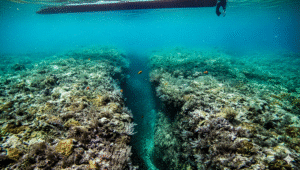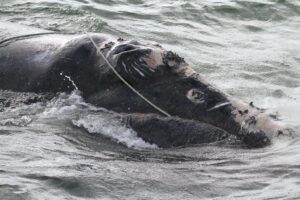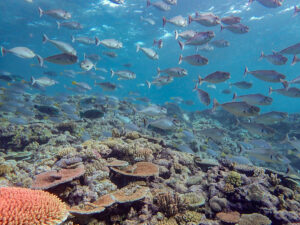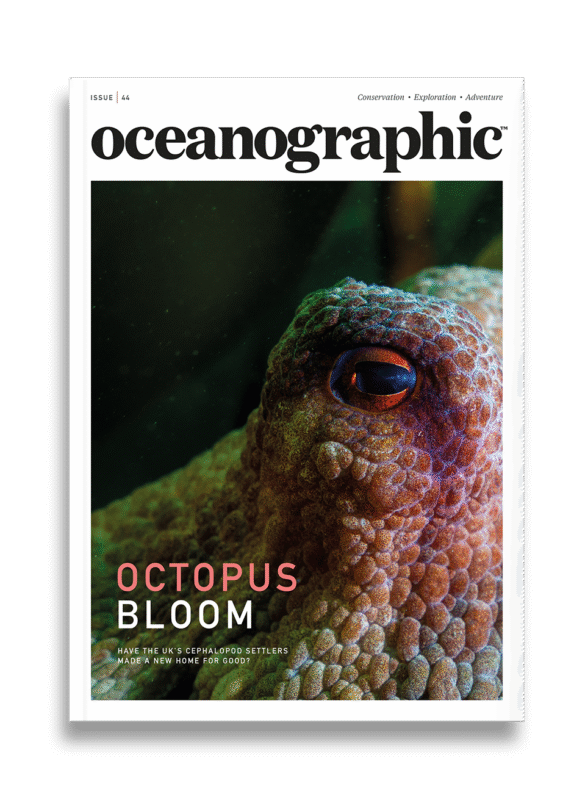Over 40% of coral species now face extinction, says IUCN Red List
In a reassessment of the conservation status of nearly 900 warm-water reef-building coral species conducted by the IUCN Red List of Threatened Species, analysis shows that 44% are now threatened to the point of being 'critically endangered'.
World leaders gathered at COP29 in Baku, Azerbaijan this week have been issued with a stark new warning over the health of global coral reefs following the discovery that over 40% of reef-building coral species are now at risk of extinction.
In a reassessment of the conservation status of nearly 900 warm-water reef-building coral species conducted by the IUCN Red List of Threatened Species and The MSC Foundation, new analysis shows that as much as 44% are now threatened to the point of being ‘critically endangered’.
The report provides a dramatic update to the status of coral species around the world which were last assessed for the IUCN Red List in 2008. At that time, one third of the species was found to be at such a risk of extinction.
“As world leaders gather at the UN climate conference in Baku, this global coral assessment vividly illustrates the severe impacts of our rapidly changing climate on life on Earth and drives home the severity of the consequences,” said IUCN director general, Dr Grethel Aguilar.
“Healthy ecosystems like coral reefs are essential for human livelihoods – providing food, stabilising coastlines, and storing carbon. The protection of our biodiversity is not only vital for our well-being but crucial for our survival.”
Climate change remains the main threat to reef-building coral species. The reassessment of the species status has been made using the latest data from the Global Coral Reef Monitoring Network (GCRMN), alongside analysis of current and future threats, such as the projected increase in warming events and major bleaching events using data from the Intergovernmental Panel on Climate Change.
Alongside climate change and rising sea temperatures, corals are susceptible to other pervasive threats, including pollution, agricultural runoff, disease, and unsustainable fishing practices such as bottom-trawling.
Two such coral species to have suffered significant declines due to increased warming, water pollution, hurricanes, and the impacts of coral disease are the Staghorn coral (Acropora cervicornis) and the Elkhorn coral (Acropora palmata) in the Caribbean. Both species are now considered ‘critically endangered.’

Scientists agree that the primary solution to reverse this situation and save corals from the brink of extinction is to dramatically cut greenhouse gas emissions while taking action to strengthen the species’ resilience – an argument put forward by representatives at COP29 this week.
“We’ve known for decades that coral reefs are on the frontline of the global climate and biodiversity crises, and this new result only reconfirms this,” said Dr David Obura, co-chair of the IUCN SSC Coral Specialist Group.
“Without relevant decisions from those with the power to change this trajectory, we will see further loss of reefs, and progressive disappearance of coral species at larger and larger scales.”
The majority of corals are found across the Indo-Pacific. This new global assessment of reef-building corals includes 85 Atlantic coral species highlighted in a PLOS One journal article also published this week. Atlantic coral species are particularly highly threatened due to annual severe bleaching events, pollution, and the impacts of disease.
This reassessment measures reef-building corals – species which stick to shallow, warm water habitats where they form the colourful reefs seen in tropical and sub-tropical ocean areas. Red List assessments of cold-water corals – which are found in colder, deeper waters around the world and do not depend on sunlight – are still ongoing.
So far, just 22 species out of a total of more than 4,000 cold-water coral have been assessed. Threats to these species include fishing activity such as bottom-trawling, deep sea mining, drilling for oil and gas, and laying deep-sea cables.
“The latest global assessment brings troubling news for corals with more than 340 species now being considered at risk of extinction,” said Professor David Smith, MSC Foundation chief science advisor.
“Much work remains to be done to secure the future of these species and the vital reefs they form. An ocean without functioning coral reefs would be a bleak reality, highlighting the urgent need to find solutions to the climate crisis while addressing today’s coral crisis.”
The MSC Foundation provided support that made this Global Coral Assessment possible, with additional funding from the National Geographic and Eurofins.
The IUCN and its Red List Partners have launched a global social media campaign to raise awareness and funds to accelerate species assessments and reassessments worldwide. This campaign will culminate at the IUCN World Conservation Congress in Abu Dhabi next October.


"*" indicates required fields
Printed editions
Current issue
Back issues
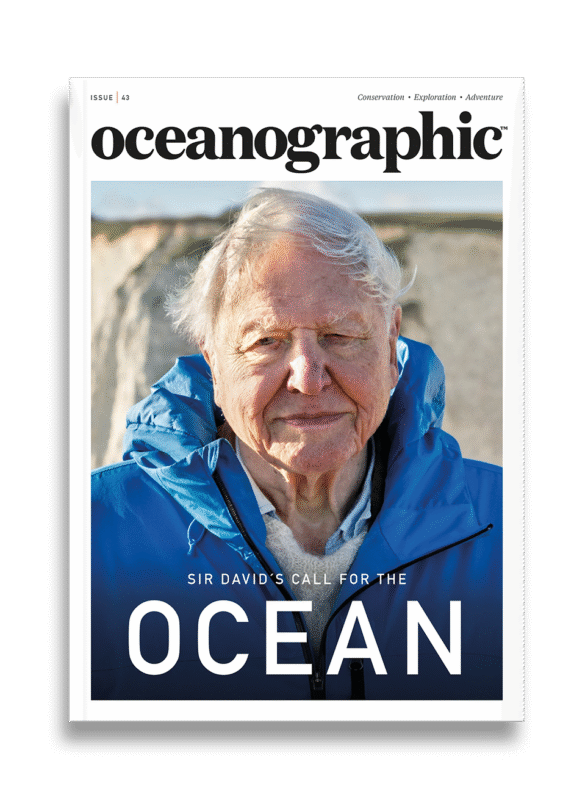
Back Issues
Issue 43 Sir David Attenborough’s ‘Ocean’

Back Issues
Issue 41 Holdfast to the canopy
Enjoy so much more from Oceanographic Magazine by becoming a subscriber.
A range of subscription options are available.

